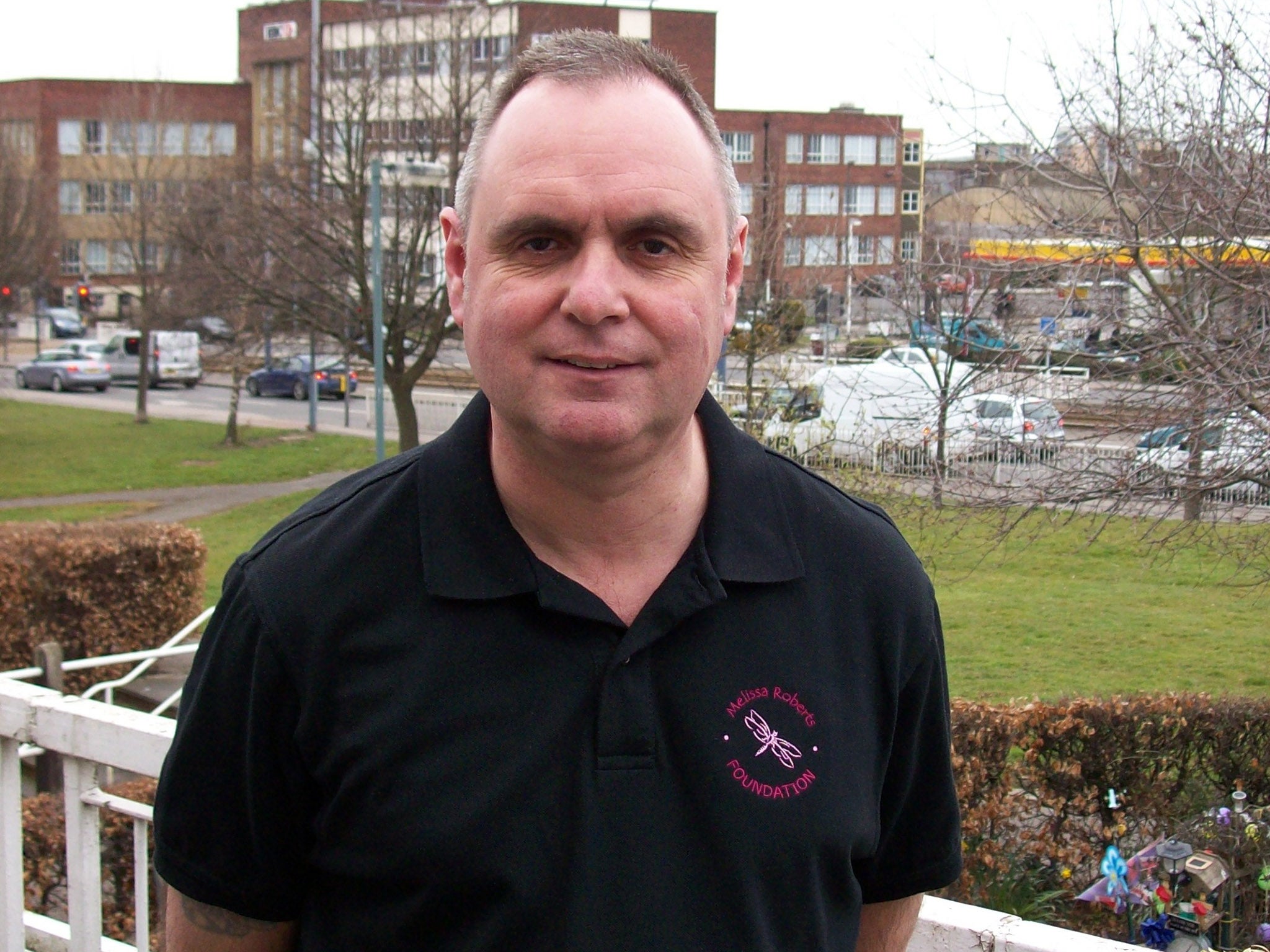Time to Talk Day: Initiative encourages sufferers to speak out
The third annual event aims to move as many people as possible to 'break the silence' by discussing their mental health

Aproject to end the discrination and stigma surrounding mental illness will encourage people to speak openly about their wellbeing this week.
Organised by Time to Change – a partnership between the charities Mind and Rethink Mental Illness – the third annual Time to Talk Day aims to move as many people as possible to “break the silence” by discussing their mental health.
Every year one in four people will experience a mental health problem; not being able to talk about an illness, be it depression, anxiety, schizophrenia or anorexia, can be one of the worst aspects of the experience – 60 per cent of people surveyed by Time to Change said that stigma and discrimination were as damaging as the symptoms of their illness.
Discussing our mental health is vital in helping to challenge stereotypes, improve relationships and, ultimately, aid recovery, organisers of Time to Talk Day believe.
“We are starting to see more openness about mental health. Having a day like this makes people feel empowered to speak about it,” said Kate Nightingale of Time to Change.
“Getting more people talking helps everyone realise that mental health problems are really common. If more people open up you realise this is affecting a lot of people,” Ms Nightingale added.
As well as opening up to friends, families and neighbours, Time to Change hopes people will also take these conversations into the workplace and discuss their mental wellbeing with their employers and colleagues.
“Time to Talk Day is a big opportunity to reach employees, signposting them to support that might be available,” Ms Nightingale said, adding that the charity had received well over 1,000 orders for information packs from employers keen to address mental health problems in the workplace.
But she said there was still plenty of work to be done in this respect. “Around half of the general public said they definitely wouldn’t feel comfortable talking to an employer about a mental health problem,” she said.
Improving mental health provision in the workplace is important first and foremost because of an employer’s duty of care to workers – but it can also have a significant impact on a firm’s bottom line.
“If people can’t get support early they’re more likely to be off sick. With the right support from an employer people can stay in work, which benefits the employer,” she pointed out.
“One in six workers will be affected by a mental health problem – MPs, doctors, teachers; by writing off anyone with a mental health problem you’re writing off a lot of talented people,” she added.
Discussions on Time to Talk Day don’t necessarily need to occur face-to-face, organisers stressed. People can get involved in the conversation on Facebook or Twitter using the hashtag #timetotalk.
“People feel safer talking about things when lots of other people are too,” said Ms Nightingale. “As a result of disclosing something on Facebook, other people do too – it has an amazing knock-on effect. It shows mental illness is really common and they’re not on their own.
“We’re not expecting family and friends to become experts. We just want them to be there and react the same as they would to a physical problem.”
Case study: Peter Bullimore

Peter Bullimore, 54, from Sheffield, began hearing voices after being abused as a child and was later diagnosed with schizophrenia.
“I began hearing voices when I was seven – at first they were helpful and reassuring but they started getting sinister. I was about 27 when it all began getting too much for me. I was locked in a world of voices and paranoia. I ended up in psychiatric care. I just wanted someone to ask me about my life and what had been happening but nobody did.
“When I came home from hospital one day my bags were packed – my wife had had enough. I don’t think she was ever given hope I would recover. I experienced a lot of stigma. Someone wrote “schizo” on my window and dog faeces were put through my letterbox. I got into a relationship with somebody who smashed a vase in my face.
“I joined a group called Hearing Voices, where I could talk to supportive, understanding people with similar experiences. I started teaching on the subject of voices, paranoia, and childhood trauma and now speak as a guest lecturer around the world. I’ve been with my current wife for 18 years – she’s my rock. Talking is so helpful – it’s surprising how understanding people are.”
Join our commenting forum
Join thought-provoking conversations, follow other Independent readers and see their replies
Comments
Bookmark popover
Removed from bookmarks